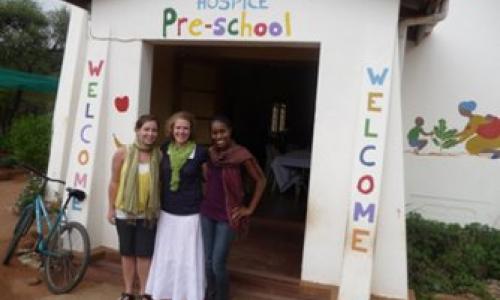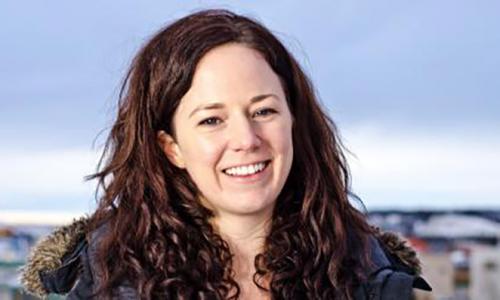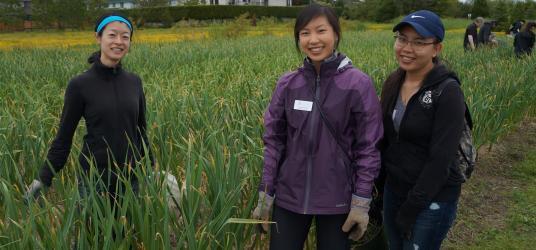
In the summer semester, I worked as the Volunteer Centre, Information & Referral Program Assistant at Richmond Cares Richmond Gives (RCRG). My job title couldn't fully convey the projects I’ve been involved in or the lessons I’ve learned. It also doesn’t fully reveal what I learned about administration, project management, communications, social media management, and volunteer management due to my proactive involvement with all of the learning opportunities available through my co-op.
Although it would have been very easy for me to simply limit myself to what the job description detailed, as Lao Tzu effectively put it, a scholar who cherishes the love of comfort is not fit to be deemed a scholar. With this in mind, I devoted myself to ensuring that I take advantage of every learning opportunity to sharpen and expand my current skillset.
A close-knit non-profit organization turned out to be the perfect setting for my goal. RCRG provided me with a supportive community and flexible standards of hierarchy which allowed me to take proactive steps in my personal and professional development within the diverse needs of the non-profit sector.
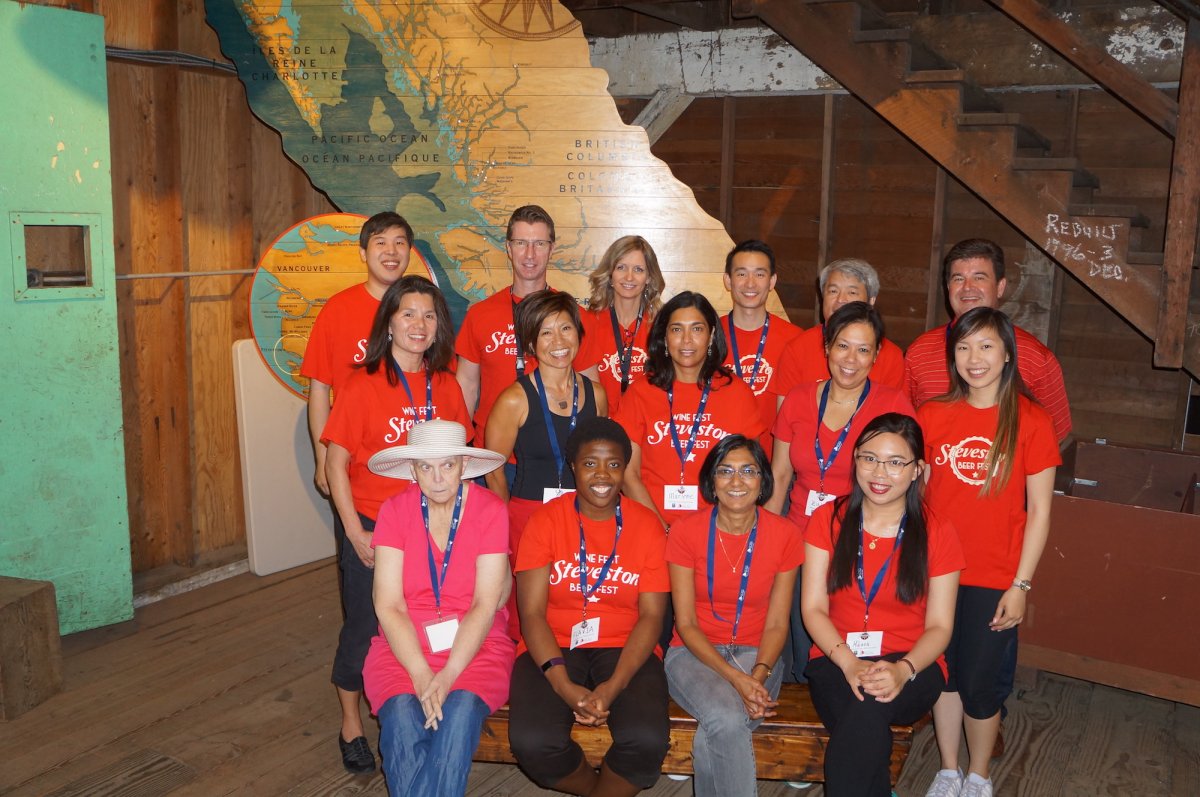
Regardless of what size of firm you are in, I highly recommend you follow these steps to maximize your growth during your co-op term.
Gather Information and Identify Needs
As part of my organization’s onboarding process, I had to introduce myself and conduct informational interviews with all the staff within the organization. As I made my way through the interviews in the beginning of my term, I learned about each role, their responsibilities and the struggles they entailed. It was ultimately through this process that I gathered information about the organization and identified needs I would provide solutions for in the future.
As RCRG is a small non-profit organization, facilitating and conducting interviews was easily arranged. However, I know that this is impractical in a mid-sized firm and almost impossible in a large one. In such cases, you can seek out your immediate colleagues, even those in different departments and interview them, especially if they directly impact your role. By learning about their work, you will gain insight on how to improve interactions with them and increase your knowledge of the common challenges faced by the company.
Sample Questions:
-
What are the common challenges you anticipate in your role?
-
What are some essential skills that contribute the most to your work?
-
What do you see as the organization’s biggest vulnerability?
-
How can I help you?
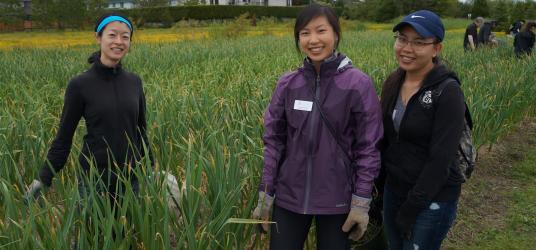
Such informational interviews will not only help you in identifying a department that may require assistance, but also allow you to present yourself as someone who is open to taking on new challenges. In my case, asking around if I could help led me to work with the Seniors and the Child Care Services departments where I learned about their programs first-hand. Additionally, communicating what you are interested in and what skills you would like to acquire during these interviews can lead to colleagues approaching you for tasks. For instance, I was introduced to communications projects as a result of my interest in writing and marketing.
Improve the Process
As a co-op student, you come into the organization with a fresh perspective on how the organization operates. This gives you an advantage in spotting where you can trim inefficiency in your own tasks and assist others in doing the same. For example, while I was contacting and cold-calling over 500 organizations to update the community services directory, I discovered that prior employees hadn’t fully utilized Outlook and its templates. Additionally, there were too many spreadsheets and they lacked a cohesive tracking process for the organizations. Therefore, I made sure to consolidate the spreadsheets and other documents to increase my efficiency, and created templates for contacting organizations which helped me save time and work on other projects in my co-op term.
"Just because something has always been done one way, doesn’t mean it can’t be done differently." Using your prior knowledge and experience to identify areas of self-improvement benefits your organization and creates more room for you to explore.
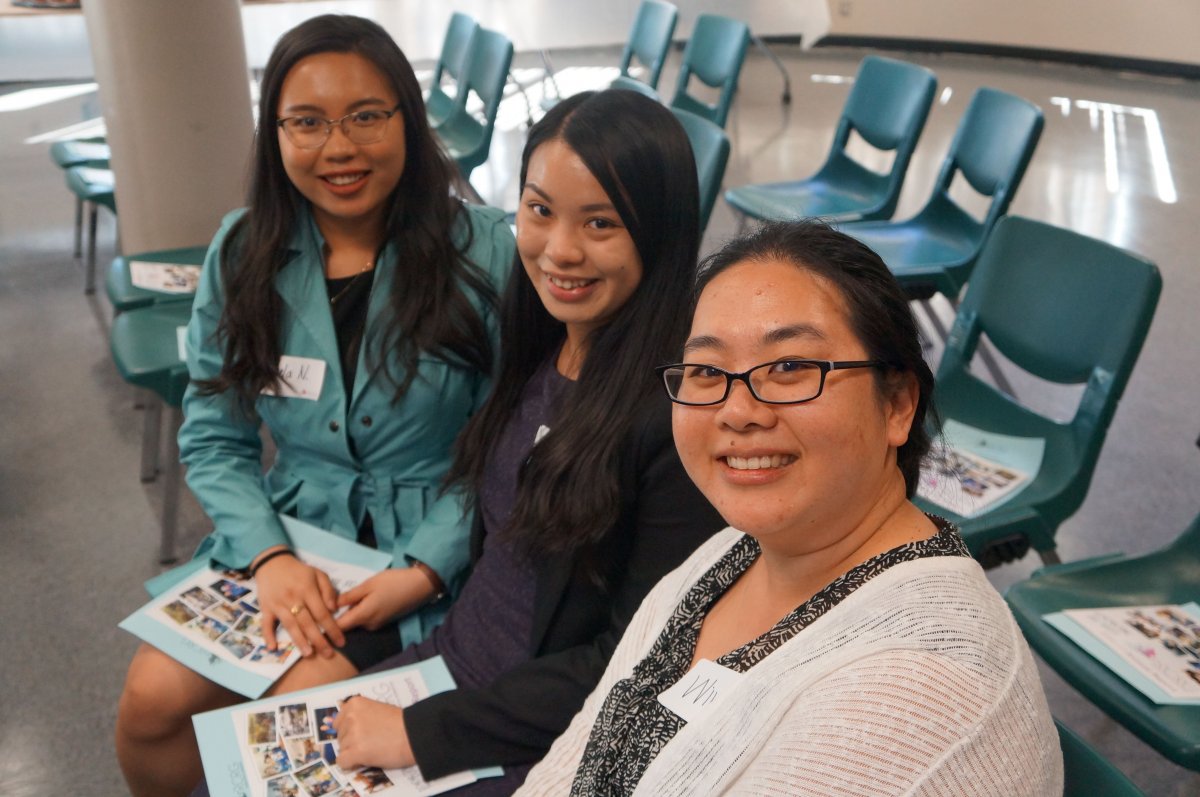
Don’t Underestimate Yourself
While it may be easy to simply seek out what you are interested in and where your strengths lie, it is important to remember, as Ginni Rometty once said, growth and comfort do not coexist. Even if you find a skillset difficult to develop initially, it will help you learn more about yourself, discover new strengths and uncover hidden weaknesses. Seek to try new things in different departments and don’t be afraid to ask questions. As a new person, you are not expected to possess all the skills and strengths that existing employees have, so take pride in your role as a learner.
If you want to learn the basics of a particular skillset, you can go online or visit your local library to access resources. For specific skills or those related to specific software applications used in the role, I recommend looking at classes on LinkedIn Learning (formerly Lynda.com), which you can access for free as a SFU student.
There were times when I could have opted out of doing things that I am not comfortable with, such as drafting a press release or overseeing the launch of the organization’s Instagram page. I did not study marketing or communications in school, and no one else in the office was an Instagram expert either. So, I looked up online resources surrounding non-profit organizations’ use of social media and taught myself the basics needed to launch the Instagram page, also creating a content calendar for the future.
Fill in the Gaps
Sometimes, you may identify needs that you think aren’t being addressed or gaps in the operations of the organization. Brainstorm with others to see what solutions can come about, keeping in mind the challenges you came across during your informational interviews. Taking initiative in this regard is not going to be looked down upon. Ed Gavsie, the President and CEO of RCRG, explained it best by saying, “It is better to ask for forgiveness later, than to always ask for permission.”
Now, I am not saying that you should go rogue, but there is no harm in taking initiatives in providing solutions for your workplace’s common issues.
Test the waters first by pitching your ideas and ask for insight with your potential solutions. For instance, during my informational interview with the CEO Ed Gavsie, where he mentioned sustainability being the biggest challenge of any non-profit organization, I responded by detailing my history in acquiring in-kind sponsorships during my previous volunteer roles. Looking at my experience, he suggested that I make it into an individual project at Richmond. So, I merged my previous experience into my current role by creating a contact list for in-kind sponsorships within Richmond and worked on the sponsorship material as well.
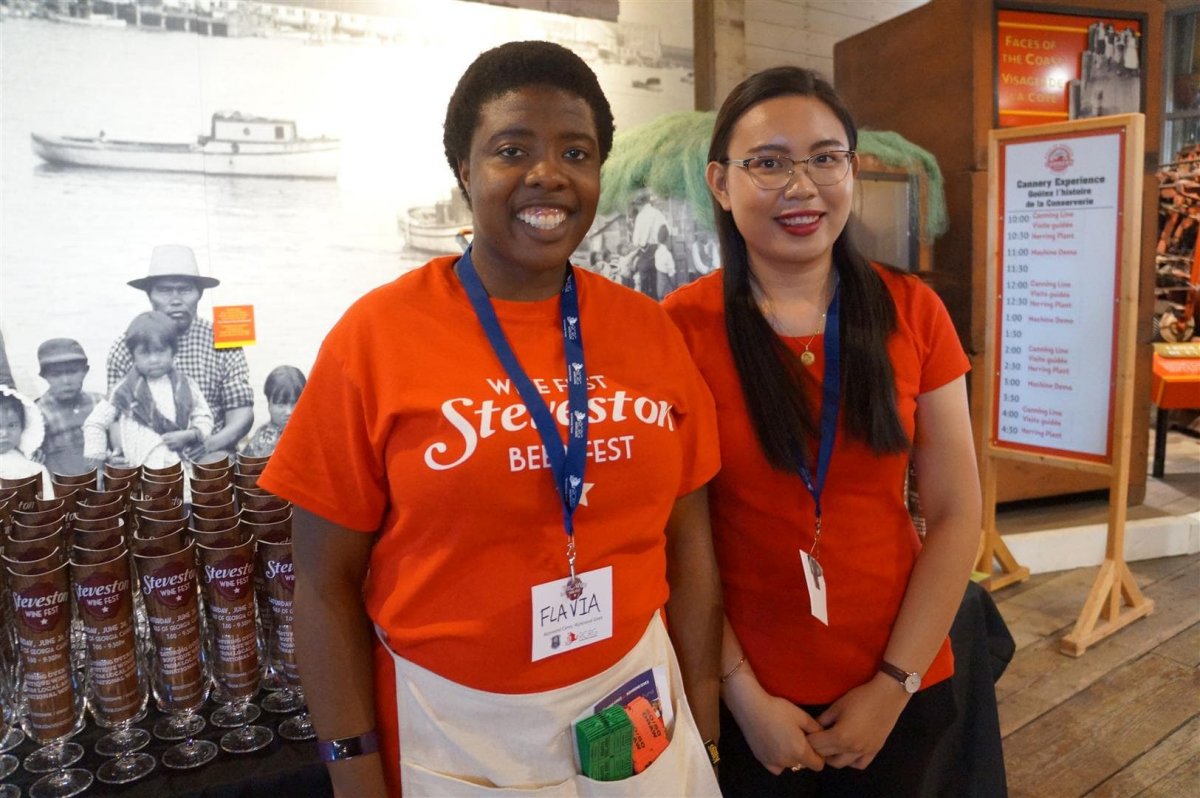
Lastly, do not be afraid to collaborate with other colleagues and inquire about what they see as working for the organization. Utilizing what I had already learned while contacting organizations for the directory and drawing on the connections I had made, I addressed another aspect of organizational sustainability, which in non-profit organizations, is ensuring the availability of human resources for programs to continue operations. So, I ended up collaborating with a fellow co-op student on a mass recruitment call for volunteers for the Seniors Community Support Services program.
Even if you are with a small organization as I was, you can take bigger leaps in your career by taking advantage of the flexibility and supportive community a small organization provides. By prioritizing learning as your main goal, you will acquire a better understanding of yourself, the organization and your career trajectory. Ultimately, what you end up taking away from your co-op experience is what you make of it, so take initiative and push through the boundaries.
Beyond the Blog
-
To learn about opportunities like Mikaela's visit the Beedie Business Co-op homepage.










